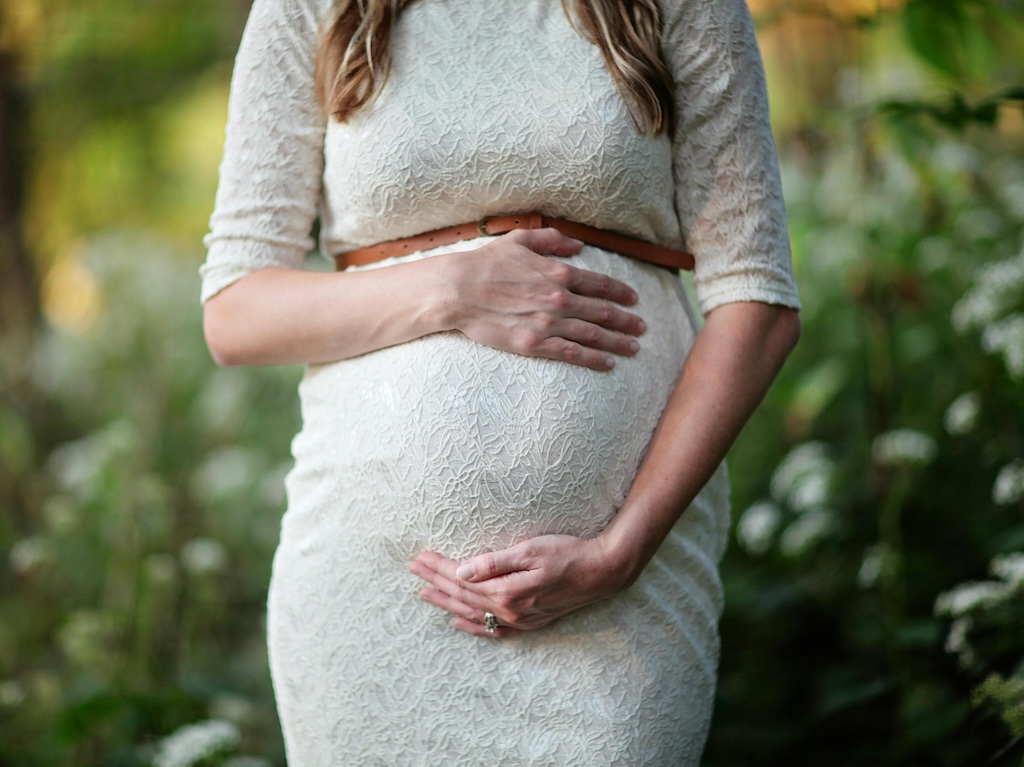SingaporeMotherhood | Pregnancy
May 2011
Pre-Baby Blues & Anxiety during Pregnancy: When to be worried

Pregnancy is often featured with a back-lit glow, as a celebration of fecundity, and the expectation of cuddly joy coming your way. What’s we do not see is the anxiety that accompanies this season of gestation. No one wants to taint pregnancy with worry, after all. But the truth is that worry and anxiety during pregnancy is normal. So if you’re pregnant and feeling a little down sometimes, it’s okay. Every mother-to-be experiences low to moderate levels of anxiety, and they tend to fluctuate according to certain “milestones” (e.g., anxiety about being able to keep the pregnancy, foetal abnormalities, how the delivery is going to go etc.).
Some pregnant women, however, worry more than others, to the point where their anxiety about pregnancy becomes a disorder. This sort of chronic, intense anxiety has negative effects on the mother and the foetus, leading potentially to intrauterine growth retardation and pre-term labour. What’s even more worrying is that research is now showing that anxiety can have subtle effects on the baby’s response to stress and even metabolism, and that these may impact well into childhood and beyond.
“Anxiety runs on a spectrum, and there are no guidelines on the timeframe, but I’d say if it interferes with functioning for a month or more in general, or seems out of proportion to the triggers, then it may be more likely to be a disorder than just anxiety symptoms”
Dr Cornelia Chee, Consultant & Director, Women’s Emotional Health Service at the Department of Psychological Medicine, National University Hospital
Dr Chee tells us more about anxiety during pregnancy below.
How can we tell if someone is suffering from anxiety during pregnancy?
There are several different anxiety disorders. The most common one would be the “garden variety” anxiety, where she seems to be irritable, tense, have difficulty concentrating, have headaches, or body aches.
Some others may have panic attacks (episodes of intense anxiety, a feeling of losing control, palpitations, trembling and sweating, among the symptoms) which may come with the above anxiety disorder or as a stand-alone.
Yet another type of anxiety disorder is obsessive-compulsive disorder, in which a mother may become overly concerned about a baby’s hygiene and safety, and have to perform repeated checks on him/her, or only allow certain people to touch the baby.
Finally, a rather specific anxiety disorder is that of post-traumatic stress disorder. Symptoms of this may include unwanted re-experiencing of the trauma, hyperarousal (for example, being easily startled), avoidance of reminders of the traumatic experience, and numbing.
A woman who may have had an intensely distressing delivery where there was intense horror, shock or helplessness involved may experience the delivery as a trauma and have symptoms of PTSD. Some women even avoid having another baby again because of an intensely traumatic previous delivery.
What’s the worst case of pregnancy anxiety that you have come across?

The worst case I have ever come across was a woman who developed intense anxiety soon after she got pregnant. She worried incessantly about everything and couldn’t control her thoughts at all. She felt constantly tense and irritable, and slept very poorly.
Ironically, despite it being a welcome pregnancy after failed subfertility treatment, she was feeling so miserable that she constantly had to battle with thoughts of wanting to end the pregnancy. She lay in bed all day and couldn’t even parent her seven-year-old son properly.
After a course of medication she eventually experienced a relief in her symptoms and was able to return to work during the later part of her pregnancy.
What are the risks of medication to the baby versus the risk of having an untreated anxiety disorder, given that this is a risk too?
We can manage mild anxiety with non-medication strategies but the more moderate to severe the symptoms are, the less likely one is to respond to non-medication strategies.
What are the mother’s resources and preferences?
Antidepressants, despite their name, are effective for anxiety disorders. They can be used in pregnancy. There will never be drug studies done on pregnant women, so the kind of research evidence that doctors use to recommend medications cannot be obtained, but we have case reports and birth registries, and the data is reassuring.
Furthermore, antidepressants have been around for about 50 years, and are not shown to increase the risk of miscarriages or malformations.
What kinds of coping techniques can mums-to-be learn?

- Seek others who are in the same boat. Information and support can be helpful (though conflicting advice can make one even more confused). Choose someone you trust who has the experience and is willing to understand that everyone has a slightly different set of circumstances and baby.
- Exercise if your doctor allows you. Regular exercise is best.
- Be aware of the need to take care of yourself first, both physically and emotionally.
- Think positively and flexibly. Pregnancies and babies always spring surprises so it’s best to develop the idea of “rolling with it”.
- Don’t be afraid to seek help. One of the differences I see between mums who may have been born in Western countries is that they are more likely to see me “just to get a baseline assessment and in case I need help”, which may or may not be the case. Mums who are born locally tend to suffer in silence for far too long before they come forward.
Where to get help
The National University Hospital (NUH) has a Women’s Emotional Health Service. Call the hotline at 6772 2037 to book an appointment.
Featured image: Leah Newhouse on Pexels
All content from this article, including images, cannot be reproduced without credits or written permission from SingaporeMotherhood.
Follow us on Facebook, Instagram, and Telegram for the latest article and promotion updates.





